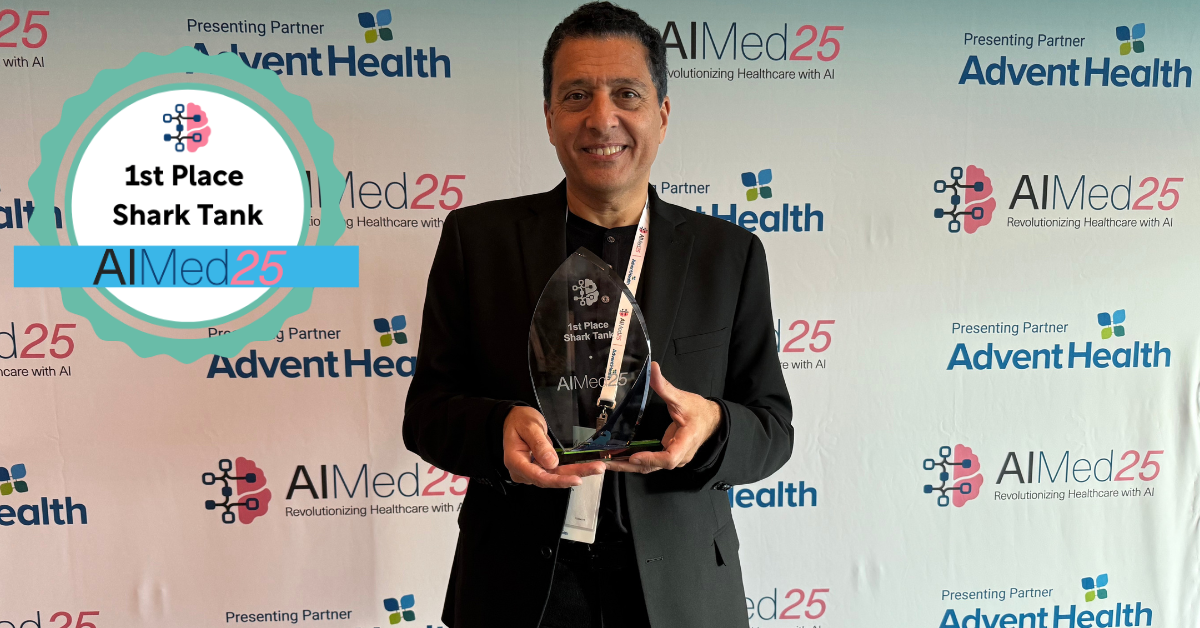
Where innovation meets real families
Deep dives, research highlights, and personal stories from across the pediatric chronic-care journey
Four months of momentum: Adhera Health’s breakthroughs in Empathic AI, clinical evidence, and industry recognition
The past four months have marked a defining chapter for Adhera Health—three new JMIR publications, multiple ENDO 2025 presentations, a DTM Startup Showcase spotlight, and winning First Place at AIMed25. Our momentum reflects years of work advancing empathic, family-centered AI and clinically validated digital support for families managing pediatric chronic conditions.
Standing with California families: What I’ve learned from parents navigating type 1 diabetes
California families managing pediatric type 1 diabetes face emotional, medical, and social challenges every day. Through interviews with parents in our T1D beta program, I’ve learned what truly supports them—emotional validation, clear education, real community, and tools that empower both caregivers and kids. Their voices continue to shape how Adhera Health designs meaningful, AI-powered support.


